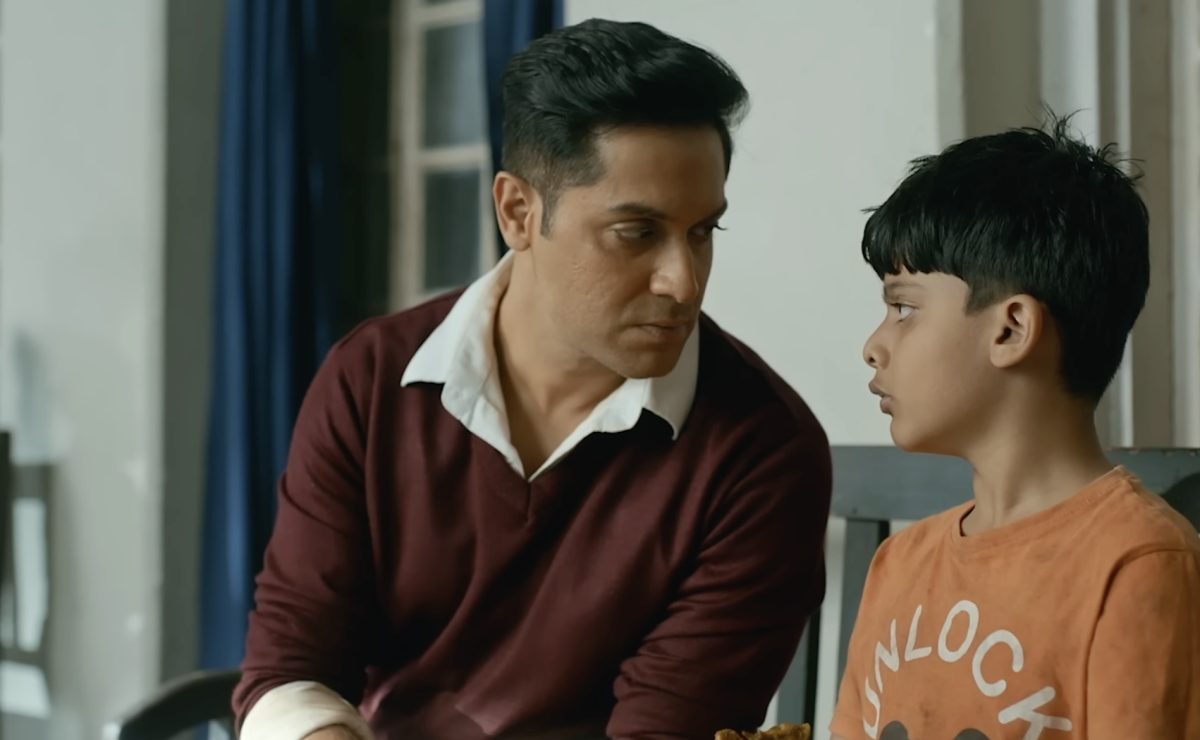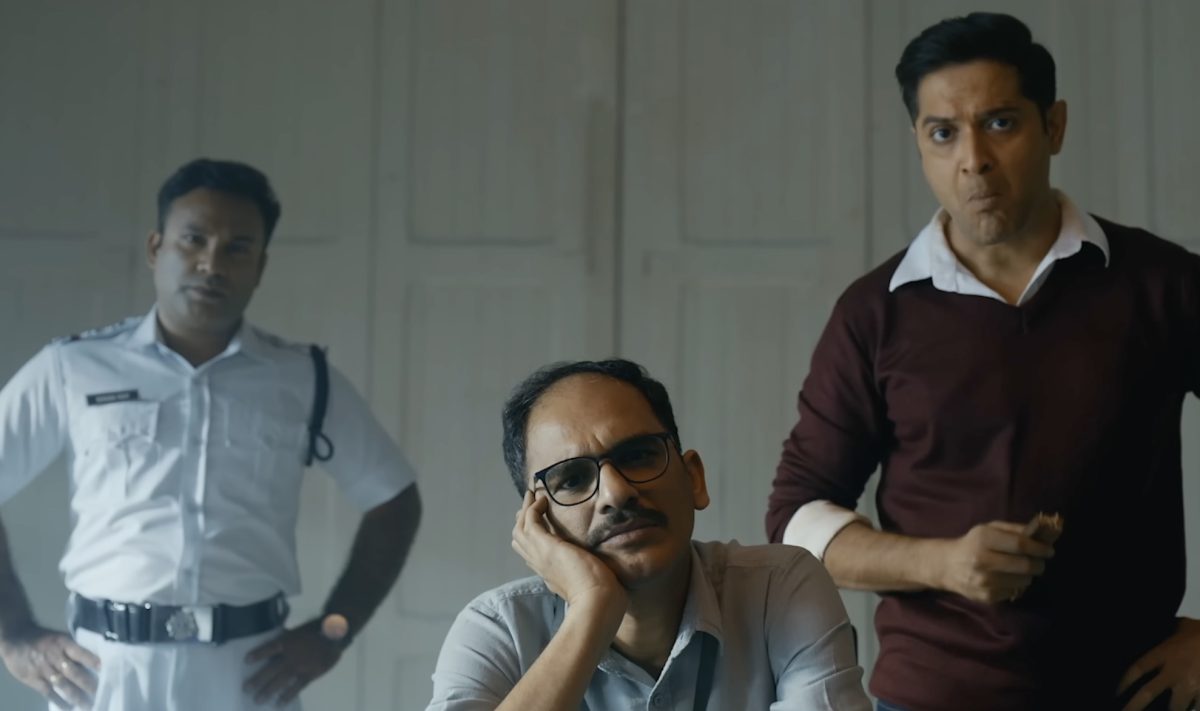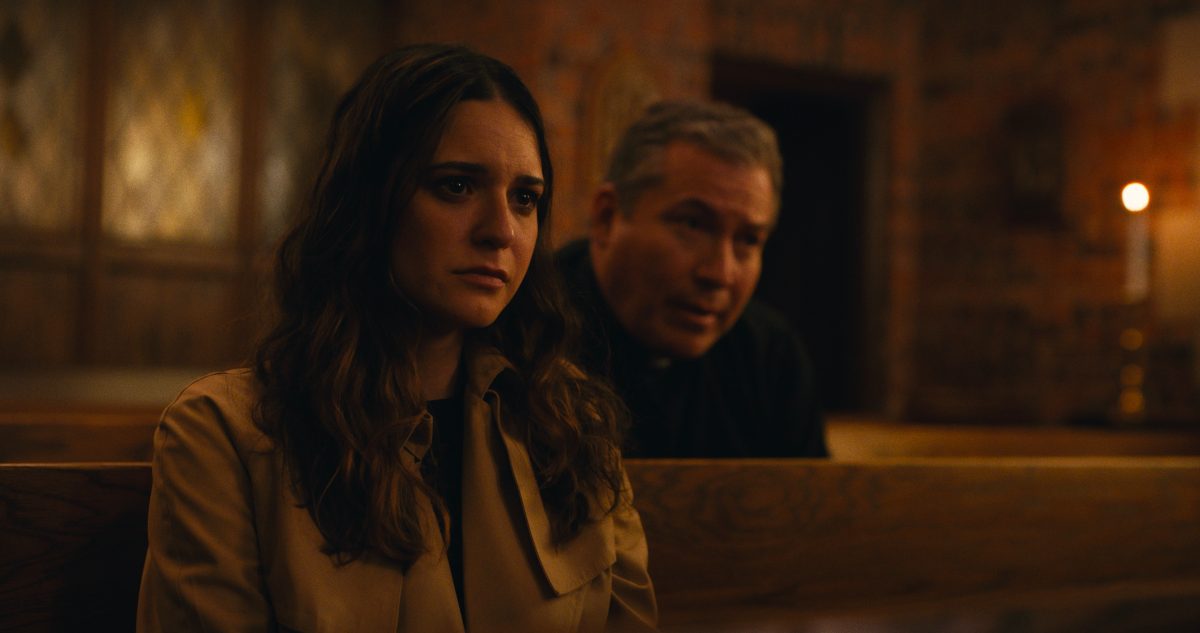Abu Hohroub is well known for his continuous work on unconventional topics and less exploration species in the Bengali industry, such as “whitenessAnd the series “Rohoshyo Romancho”, “Bengal Scam”, and “Zombiesthan” (HIichoi), and many others. Amid the prevailing direction of repeated topics and recycled stories in the Bengali cinema industry, continues to excel through continuous experience with new ideas – mixing multiple species in a distinctive mixture promised with a unique cinematic experience of Its type.Obotar(2023) and “Marijaya”.
The film tracks four policemen looking for a group of killers on charges of killing a sex worker (playing Priyanka Sarkar) in Sonagashi, in northern Kolkata. The story is inspired by a real incident that occurred in 2022, written by Debashish Dutta, an officer in charge of the Manicalaa Police Station, who coincided with being involved in the comprehensive investigation of the case. The direction of Abu Huheb Ghosh provides a break in his own way, followed by the strange method in making films that he is famous for. The approach is refreshing and funny. It is elegant, designed with a new incentive to entertain the audience. One of the main positive points in this cinema is the photography of the world of sex workers in Kolkata.
Ghosh guarantees the integration of this world meaningly in the main narration, avoiding any depiction of his characters as ostracized. Instead, it provides convincing coexistence between this unconventional field and the world of respected law enforcement. Such as “peak hour” or ““A deadly weapon”, the films rooted in the tradition of a friendly friend, thrive on chemistry and intimate friendship among its heroes, and often enriched with humor. The movie “Mrigaya” follows its example, as it presents its own share of smart moments, descriptive references, and the sharp dialogues formulated by Sumit Dev – all of which not only adds humor, but also works to deepen personal dynamics between the characters, which makes the essence of the “friendly policeman” really attractive.
Ritoic Chairporte as the responsible officer, Depangan Dutu, is a fun and intelligent, which is expected from a famous actor like him. Muhazah with Si Animesh Chatterje offers a lot of attractive moments that make the audience an investor all the time. Movement serials are well performed, as unknown representatives are offered to perform impressive performances. These scenes depict them more than life and feel excited and vibrant. However, despite its visual taste, cutting the movement itself does not open new horizons. However, the film remains sharp in several cases – moving away from forced or vulgar humor – and succeeds in creating a convincing hypothesis.
Marjaya It is not without faults. Although the film remains attractive in most parts, it sometimes slides into the ability to predict. There is a long -term feeling that some moments require depth or more density than it is served. Although the main characters are given subcatteers, these topics rarely contribute to the central narration. However, the film features an entertaining but quarrelsome dynamic between Rudra, Hacker (Enirban Charabarti), and Amran (Radwan Rabbani Sheikh) – a relationship that reminds us of fun exchanges between Ajay (Akshay Kumar) and Chocolate J (Anopam Khair) in the movie “Baby”.2015), Although the same level is not reached.


Read also: The best 5 Bengali films for 2024
Arindam (who plays Vikram Chatterje) appears as a sharp and calm officer with shades of Phenuda and Sherlock Holmes – committed, systematic and intensively concentrated. However, his hidden behaviors indicate something hidden below the surface of this dangerous interface, which is a mystery, unfortunately, not completely exposed. The scenario, which the director wrote with Arytra Pandurgy and Sumet Dev, begins with the promise and intrigues but gradually sliding into the ability to predict, letting the viewer yearn for greater surprises. While the narration uses familiar and entertaining cinematic tools – as they are prepared effectively in early works and completion – it often seems that these developments occur due to commitment and not through the novel of organic stories.
The biggest disappointment may be the irregular photography of the opponent. The audience loves conflict. Any novel becomes exciting when the struggle point is strong. Likewise, the more intimidated the opponent, the more interesting the cinema becomes. The narration begins with a haunting and exciting sequence in the same extent that occurs in Ascol, and the audience is exposed to Sardar (which Sorf Das plays), a raw, strong and anti -women thug, at first. However, with the progress of the film, although Sorf is doing a comprehensive work in maintaining sound raw behaviors, the Surd Arch seems weak.
After a certain point, the opponent’s presence stops a truly threat or anxiety; Instead, it seems only to create obstacles to policemen – more than just narrative expectations than a real threat. The investigation itself seems surprisingly easy, as the officers reveal evidence and track the perpetrators without a little resistance, which makes the conflict appear unilateral and lacks tension.
Suraf Das, known for its multiple uses and careful performance, once again provides a worthy effort here – although the scenario has eventually failed to keep up with its capabilities. While the film offers glimpses on the background of the gang and its methods of work, it does not reach the point of exploring deeper motives. This absence of a greater driving force relieves intrigues and prevents The Hunt from achieving the attractive intensity that its hypothesis promised.
In conclusion, the movie “Mrigaya: The Hunt” by Abu Hheirub Ghosh boasts of style and sparkle of brilliance at times, but it eventually lacks the essence. However, it deserves to be praised to provide an entertainment experience despite the financial and logistical challenges that often accompany the manufacture of Bengali films. By working with limited resources, the team has tried hard to formulate something refreshing – the same originality that is welcome. Abarab Ghosh, regardless of restrictions or access to amenities, has constantly showed his taste in creating a distinctive cinema mixed with species and full of its strange and attractive touch. It remains necessary to boldly continue to experiment, refine his craft and provide unique and high -quality experiences for the public with every new project.


